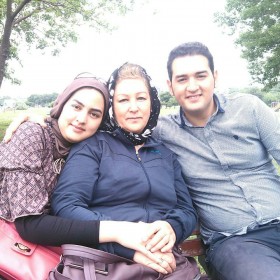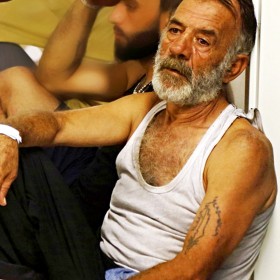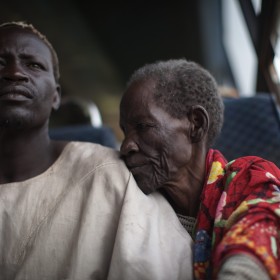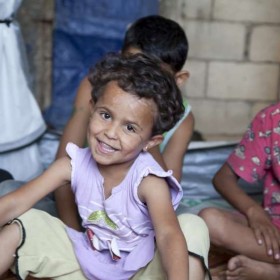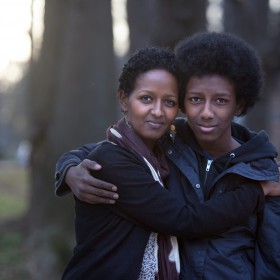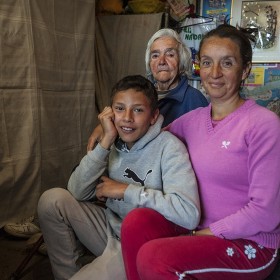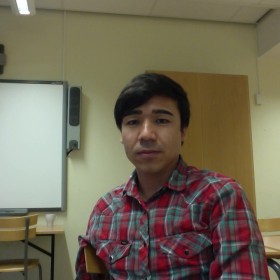Captain Jeon’s Story, Korea
One day in November 1985, Je Yong JEON from Tongyeong, Korea, was in the biggest dilemma since he has been working as a captain. At that time, he was captain of a deep-sea fishing vessel, fishing for blue fin tuna in the Indian Ocean.
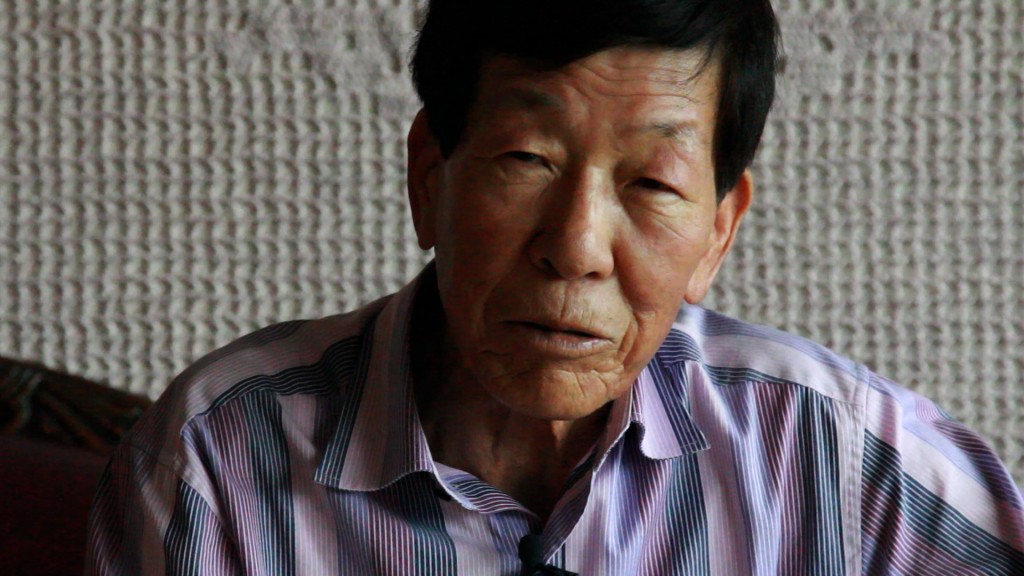
Captain Jeon tells his story (c) UNHCR/2012.
I remember it was around 5:00 pm. On my way to the cabin after finishing operation, a boatswain reported that there is a small object far away. I looked it carefully, and I could see a small boat. People were waving white T-shirts, asking for help. They were the famous boatpeople. I heard that Vietnamese boatpeople show up time to time, but I was so disconcerted and confused to face them for real.
First, I summoned an emergency meeting with high-level sailors. It was not an issue that I can decide by myself, even if I was the captain. I informed them that economic rewards may not occur or some disadvantages might arise after we rescue the refugees. Before listening to their opinions, I first expressed my opinion as the captain of this ship that we should save these people first despite disadvantages that might follow. Then, I asked for their opinions and all the crewmen unanimously agreed to the idea to rescue those people. Moreover, we found that the engine of the wrecked boat was broken, water was gushing in, and there was no food or water left. It was around evening of early winter, and if we ignore them, they might be dead in the cold water. Later, one of the refugees told me that the 10 minutes they waited during our discussion had felt like over an hour to them. Like the other ships, they thought my ship would also pass by them.
Once we started rescuing them, there were more refugees than I expected under the deck. I couldn’t understand how so many people could stay on board together. We separated the refugees by gender and counted the number. It was a total of 96, including a newborn child. Some left their wives and kids behind in their country, and some children came on board to find their separated parents. It was so miserable to listen to their stories. First, we provided them with something to eat because they must have not eaten anything for a long time. Considering their bad condition, we boiled a big pot of hot milk to share and served it with some bread.
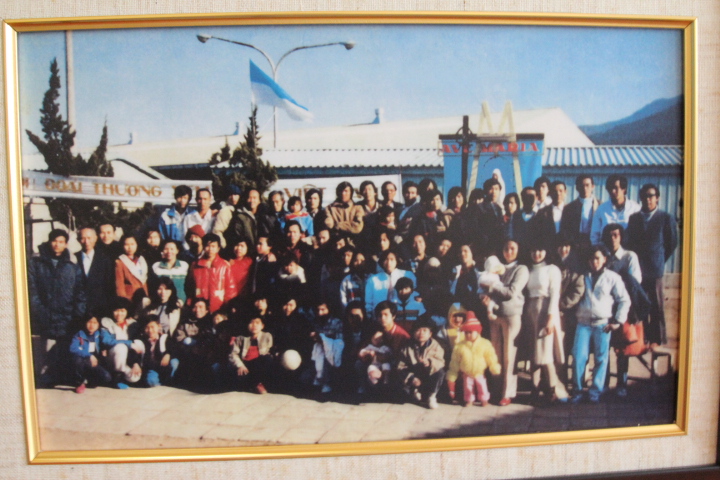
In Captain Jeon’s house, a picture reminds of of the refugees he saved. (c) UNHCR/2012
While there used to be only 20 sailors on the ship, we had about 120 people with refugees on board. We had to share everything including food and accommodation. The food was distributed equally regardless of age or gender. Young sailors with heavy appetite had to wait for their turn and eat the meals. As for the accommodation, we offered our bedroom to the women and children. There was a small toilet and we also let the women and children to use it. Sailors and refugees soon become used to living with each other. We adapted ourselves to the new environment, looking after each other. In particular, I asked refugees to choose a male and female representative who can speak some English. Communicating with the representatives, we tried to provide them with what they needed as much as possible. I saw sailors sharing their sweat suits or winter clothes with the refugees who were wearing shabby clothes. Looking back at those times, I am still thankful to my sailors.
We stayed together aboard for about 10 days. I put in at Busan. Usually when port clearance procedure is done, a ship can make port immediately. However, it took several days for my ship to enter the port, since many foreigners were on board. We were subject to an interrogation under several national agencies. We were released after writing a statement that there was no bribery and we helped them on humanitarian grounds alone. After that, refugees were sent to the Refugee Protection Center at Busan, and we parted each other without even a goodbye.
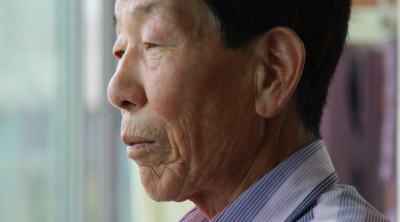
Captain Jeon tells his story (c) UNHCR/2012.
Refugees sent me letters several times while they were staying at the refugee center. After a while, the 96 refugees resettled in all parts of the world, and naturally we lost contacts. A man named Peter Nguyen, who was then the refugee representative, resettled in the United States and I heard that he tried everything to find my contact details. In 2004, after 20 years, we dramatically met again. We have kept in touch since then. I still remember him crying “I finally found freedom!” when we rescued them in the Indian Ocean. Even if we are now living half a world away, I am so happy that I have a friend to count on like him.”



